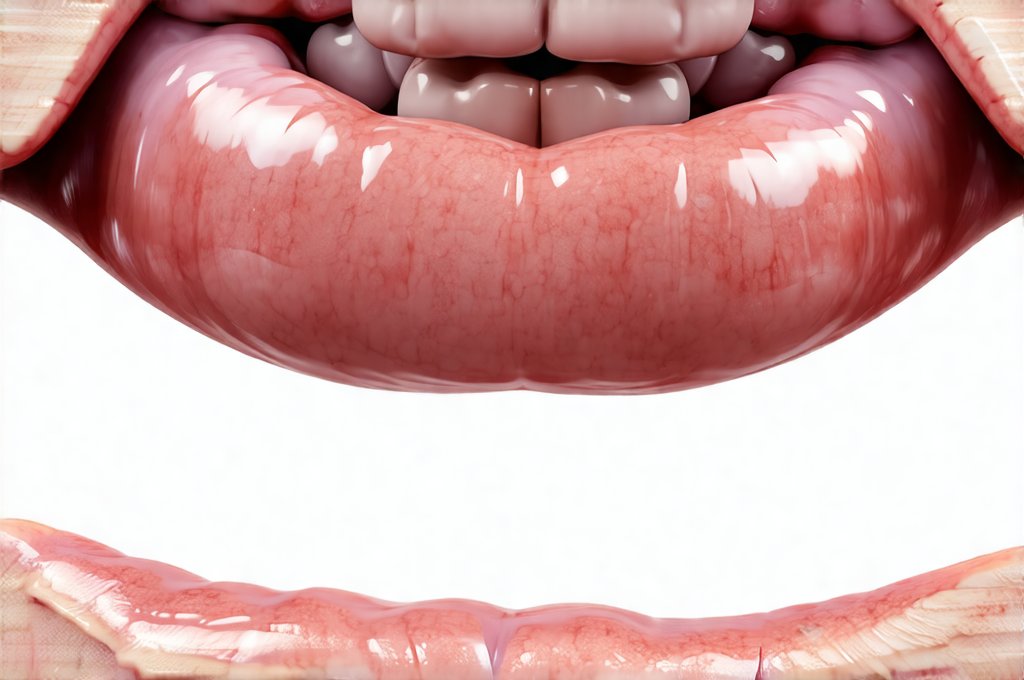Our fast-paced modern lives often encourage rushing through meals – gobbling down food between meetings, during commutes, or while scrolling through our phones. This hurried eating habit has become so normalized that many don’t even realize the potential impact it can have on their digestive health and overall well-being. Beyond simply enjoying your food more, slowing down the act of chewing offers a surprising array of benefits, particularly when it comes to gut health. It’s not just about how much we eat, but also how we eat that significantly influences our bodies’ ability to process and absorb nutrients efficiently. If you are experiencing issues with how your body processes food, exploring gut reactions may be helpful.
The digestive process is remarkably complex, beginning long before food reaches the stomach. Chewing is the first crucial step, initiating mechanical breakdown and increasing surface area for enzymatic action. When we rush through a meal, we bypass this essential phase, placing undue stress on later stages of digestion and potentially compromising nutrient absorption. This can lead to issues ranging from bloating and indigestion to more serious long-term gut imbalances. By intentionally slowing down our chewing, we’re essentially giving our digestive system the head start it needs to function optimally. It’s a small change with potentially profound consequences for overall health. Learning to train your gut can also provide significant benefits.
The Mechanics of Digestion & Chewing
Chewing isn’t merely about breaking down food into smaller pieces; it’s a multifaceted process that sets the stage for efficient digestion and nutrient absorption. When you take your time chewing, you are actively engaging several biological processes simultaneously. First, mechanical breakdown reduces particle size, making it easier for enzymes to access carbohydrates, proteins, and fats. Second, saliva – containing amylase, an enzyme that begins carbohydrate digestion – is thoroughly mixed with the food. This initial enzymatic action significantly eases the burden on the stomach and small intestine. Finally, chewing stimulates the production of gastric acid in anticipation of the incoming food bolus, preparing the stomach to receive it properly.
The impact of insufficient chewing extends beyond just nutrient absorption. Larger food particles require more intensive effort from the digestive system to break down. This can lead to increased fermentation in the large intestine as gut bacteria work harder to process undigested food remnants – a common cause of gas, bloating and discomfort. Furthermore, poorly chewed food may transit through the digestive tract too quickly, reducing the time available for nutrient uptake. Proper chewing is therefore a fundamental aspect of optimizing digestive function. Think of it as laying the groundwork for a healthy gut microbiome and improved overall well-being. Understanding what to eat when your gut is inflamed can also support this process.
Beyond the physical breakdown, chewing also activates the cephalic phase of digestion – a preparatory stage triggered by sensory stimuli like sight, smell, and even the thought of food. This signals the brain to prepare the body for incoming nutrients, initiating hormonal releases that optimize digestive processes. The more thoroughly you chew, the stronger this cephalic response becomes, further enhancing digestion.
Impact on Gut Microbiome Diversity
The gut microbiome – the trillions of bacteria, fungi, and other microorganisms residing in our digestive tract – plays a pivotal role in everything from immune function to mental health. What we eat profoundly influences the composition and diversity of this microbial ecosystem. Undigested food components reaching the large intestine become fuel for specific bacterial populations. When food is poorly chewed, more carbohydrates and proteins reach the colon undigested, potentially favoring less desirable bacteria that thrive on these substrates.
A diverse gut microbiome is generally considered a sign of good health. A wider range of bacterial species means greater resilience and adaptability within the digestive system. Conversely, a lack of diversity can weaken the gut’s ability to resist harmful pathogens and maintain optimal function. Chewing thoroughly helps ensure that more nutrients are absorbed in the upper digestive tract, leaving less for fermentation by bacteria in the colon – promoting a balanced microbial environment. This doesn’t mean all fermentation is bad; however, controlled fermentation of fiber by beneficial bacteria is key.
- Prioritizing slower chewing can help create an environment where beneficial bacteria flourish.
- It reduces the amount of undigested food available for less desirable species.
- Ultimately, supporting a healthier and more diverse gut microbiome. Supplements can also aid in this process.
Digestion & Nutrient Absorption Efficiency
The efficiency with which our bodies absorb nutrients is directly linked to how well food is broken down in the early stages of digestion. When food arrives in the small intestine as smaller, thoroughly mixed particles, enzymes can work much more effectively. This leads to increased absorption of vitamins, minerals, and amino acids – the building blocks of life. Conversely, large, poorly chewed food boluses require more digestive effort, potentially resulting in malabsorption and deficiencies.
The process of nutrient absorption is also dependent on surface area. By chewing thoroughly, you dramatically increase the surface area of food exposed to digestive enzymes, maximizing their effectiveness. This is especially important for fat-soluble vitamins (A, D, E, K), which require adequate emulsification with bile acids – a process aided by proper chewing and initial digestion. Optimizing nutrient absorption isn’t just about what you eat; it’s also about how well your body can utilize those nutrients.
Reducing Digestive Discomfort & Bloating
Many common digestive complaints, such as bloating, gas, and indigestion, are directly linked to inefficient digestion. When food is rushed through the system, undigested particles ferment in the colon, producing gases that cause discomfort. This fermentation also contributes to inflammation and can disrupt gut motility – leading to constipation or diarrhea. Slower chewing minimizes these issues by allowing for more complete breakdown of food in the upper digestive tract, reducing the burden on the colon.
Furthermore, mindful eating practices often involve paying attention to hunger and fullness cues. This prevents overeating, another common cause of digestive discomfort. Taking smaller bites and savoring each mouthful allows your brain time to register satiety signals, preventing you from consuming more than your body needs. This isn’t about restrictive dieting; it’s about cultivating a healthier relationship with food and listening to your body’s natural cues. If issues persist, consider chewing gums may be contributing factor.
It’s important to remember that individual responses can vary. What works for one person may not work for another. However, incorporating slower chewing into your routine is a relatively simple and low-risk strategy that offers the potential for significant improvements in digestive health and overall well-being. It requires conscious effort at first, but with practice, it can become a natural part of your eating habits. Maintaining gut health is crucial when navigating stress as well.


















